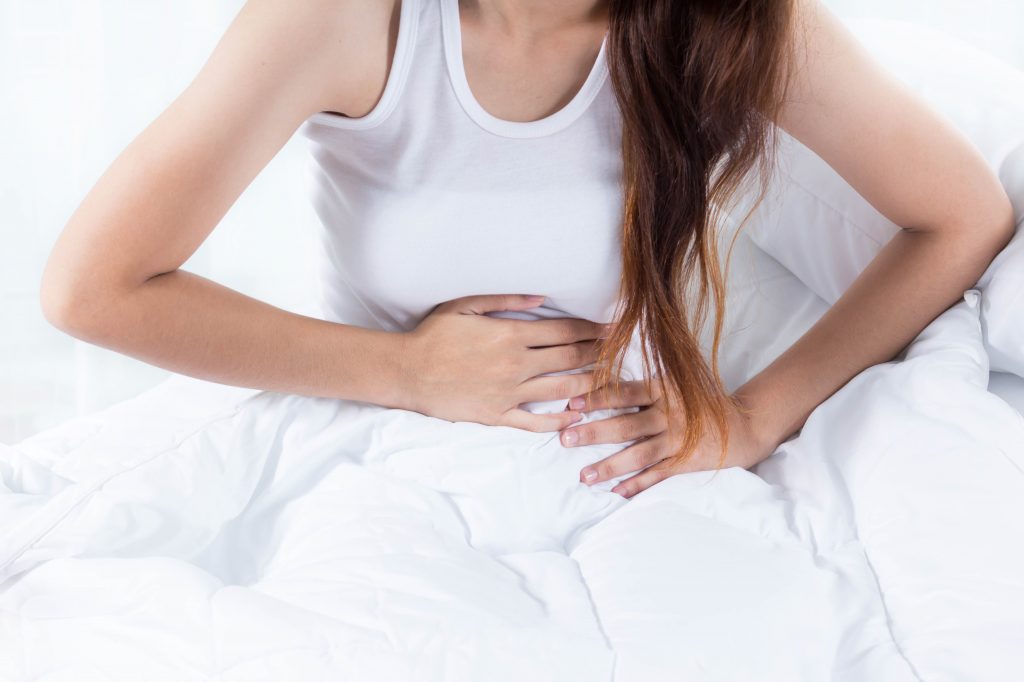In recognition of National Kidney Month, let’s take a look at one common kidney ailment. We know that over half a million people visit an emergency room for kidney stones every year. The experience can be painful and uncomfortable for the patient, and the bad news is that one in ten people will have a kidney stone at some point in their life. Fortunately, there are steps you can take to prevent kidney stones from forming in the future. To begin, let’s discuss why kidney stones form and what causes them.
What Causes Kidney Stones?
Kidney Stones are very common and are formed when your urine contains too much of various substances. These substances can create small crystals that form into stones over time. Many patients are able to pass small stones over the course of a few days, but larger stones can create more issues and further medical risks.
How Are Kidney Stones Diagnosed?
If you think you may be experiencing a kidney stone, seek medical attention right away. Some signs to look out for include, pain in the belly, sides or lower back, abnormal urine color, blood in the urine, and pain that moves into the groin area. To accurately diagnose kidney stones, your doctor may run various tests of your urine and blood, and if applicable, run an analysis of stones that may have already passed.
How Can I Prevent Kidney Stones?
Even if you are in overall good health, you may still be susceptible to kidney stones. One common reason is dehydration. If your body isn’t getting enough water, you will create less urine, which gives stones more opportunity to form. Those who drink soda are also more likely to run into stones due to the high levels of fructose and phosphates found in those beverages. Diets that are high in sodium are also a factor for some individuals. High levels of sodium, often from salt, mean more calcium in your urine, which in some cases may lead to stones.
The good news is you can work to avoid common causes. Make a point to drink more water, especially when you exercise. Aim to reduce your soda intake to lessen your intake of fructose and phosphates. Lastly, take charge of your diet by reading food labels and avoiding items with high amounts of sodium. If you have more questions about kidney stones, our team is always available to speak with you.


